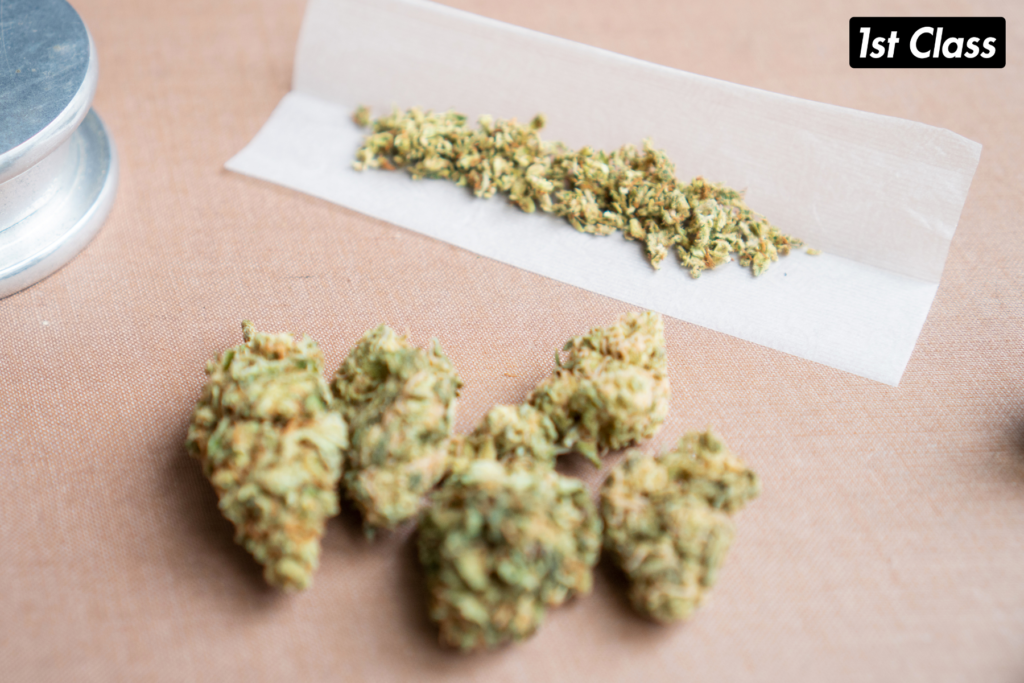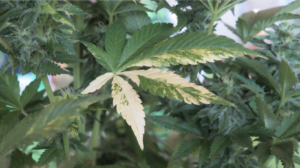Most Asian nations have strict drug laws with harsh penalties, and Thailand’s de facto legalization of cannabis last year has brought a wave of tourists from the region like the visitor from Japan, intrigued by the lure of the forbidden leaf.
Even as more countries around the world legalize cannabis, Thailand has been the outlier in Asia, where several countries still have the death penalty for some cannabis offenses. Singapore has already executed two people this year for trafficking Cannabis and its Central Narcotics Bureau has announced plans to randomly test people returning from Thailand.
Japan does not have the death penalty for drug offenses, but has warned that its laws on cannabis use may apply to its nationals even when they are abroad.

China’s embassy in Thailand has warned that if Chinese tourists consume marijuana abroad and are “detected upon returning to China, it is considered equivalent to using drugs domestically. As a result, you will be subject to corresponding legal penalties.” It issues similar warnings for travel to other countries where marijuana is readily available, such as the United States, Canada and the Netherlands.
On a recent flight from the Chinese city of Shanghai, passengers were cautioned not to “accidentally” try marijuana in Bangkok, with an announcement that in Thailand “some food and drink can include cannabis, so please pay attention to the leaf logo on the package of food.”
Neither Chinese nor Singaporean authorities would detail how frequently they test citizens returning from countries where Cannabis has been decriminalized, responding to queries from the AP simply by reiterating their previously announced policies.
It’s no wonder that weed dispensaries in Bangkok say that customers from Singapore and China are among the most cautious, asking questions about how long traces of the drug remain in the system and whether there are detox products.
But many remain undeterred, and Thailand’s cannabis industry has grown at lightning speed, with weed dispensaries now almost as common as the ubiquitous convenience stores in some parts of the capital. Through February, nearly 6,000 licenses for cannabis-related businesses have been approved, including more than 1,600 in Bangkok alone, according to official figures.
There are no government figures on how many tourists come specifically to smoke marijuana, but Kueakarun Thongwilai, the manager of a weed shop in central Bangkok, estimates at least 70%-80% of his customers are foreigners, primarily from Asian countries like Japan, Malaysia, China and Philippines, and some from Europe.
Most cannabis shops, including his, now only hire employees who speak English, the lingua franca of the industry.
About half of his customers are first-time weed users and most of them are Asians, he said.
Some want to try edible cannabis products, but somebody tries to steer them toward smoking.
Not all are new to the drug, remembering a Malaysian customer who snuck away from a meal with his wife and daughter at a nearby restaurant. The man said he smoked marijuana secretly at home, but had heard the Thai product was better quality and wanted to try it.
source : https://apnews.com/article/thailand-cannabis-tourism-asia-ad54d1ff0ba57ecaadf75aa48072f8db




